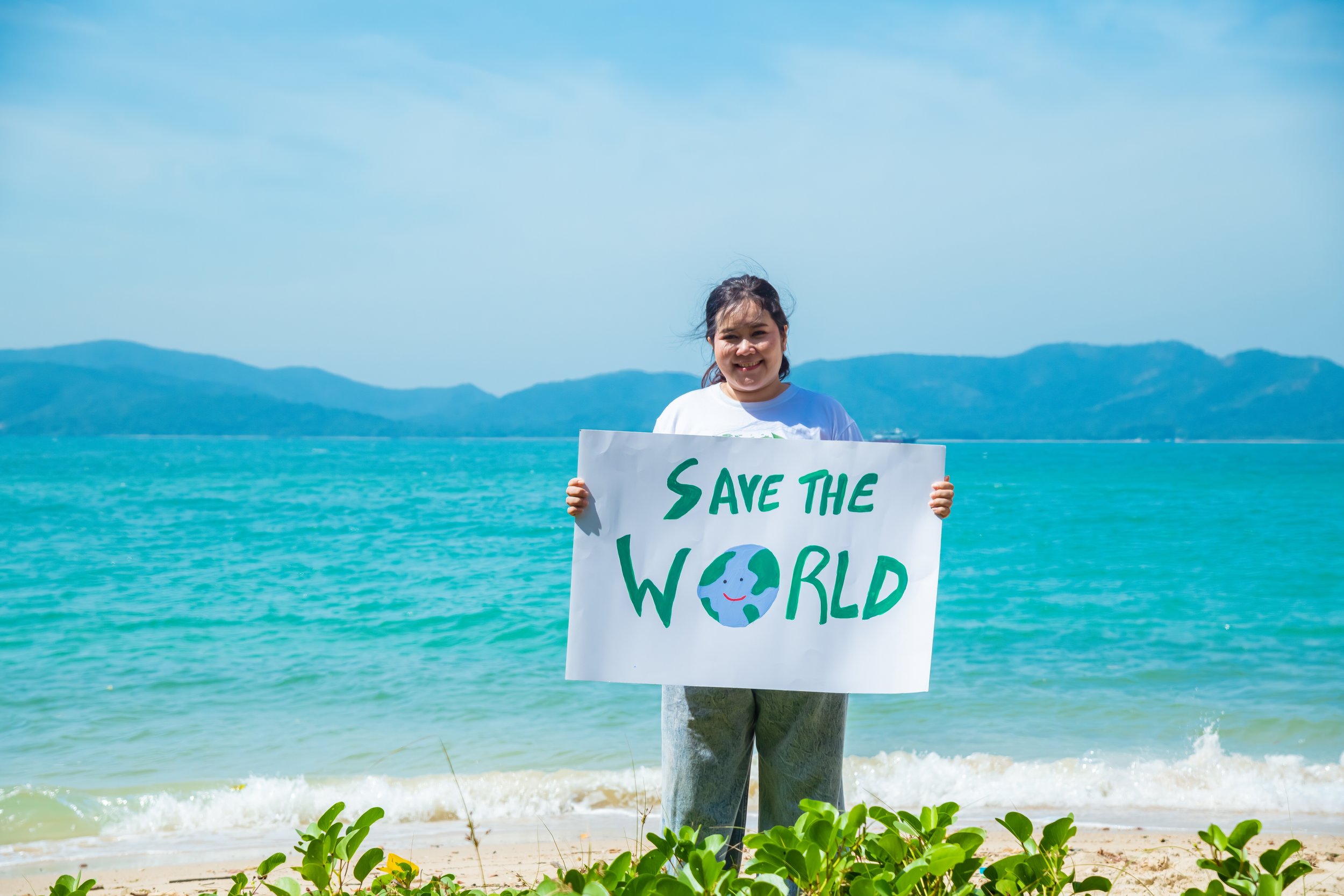How to speak with kids about climate change
Climate change is a serious global issue that affects every living creature on our planet, including children. As parents, caregivers, and educators, it's essential to talk to kids about climate change and teach them ways to reduce not only their carbon footprint but also their climate anxiety.
Discussing a complex issue like climate change with children can be challenging. Here are some tips to help you speak to kids about climate change in a way that they can understand and take action:
Start with the basics
Before you dive into the complex science behind climate change, it's crucial to start with the basics. Explain to children what climate change is and how it affects our planet. Use simple language and examples that are relatable to them, such as melting ice caps, rising sea levels, and extreme weather conditions.
Keep it age-appropriate
The way you discuss climate change with a five-year-old will differ from how you talk to a teenager. Keep your discussion age-appropriate and tailored to your child's level of understanding. Younger children may respond well to simple activities such as planting trees, reducing waste, recycling, and turning off lights. Teenagers, on the other hand, may be interested in learning about climate change solutions, renewable energy sources, and policy changes.
Be prepared for feelings
It's normal and understandable for children to experience complex and profound emotions when confronted with the impact of climate change on the planet. As a caregiver, it's important to be prepared for these emotions and avoid dismissing them. Instead, encourage open communication, exploration, and expression of their feelings. One way to prompt this is by asking questions such as how they think climate change might affect their favorite animal. This can help children gain perspective and make sense of their emotions in a constructive manner.
Focus on positive action
Children can often feel overwhelmed by the enormity of climate change. Instead of focusing on the negative aspects, such as the consequences of global warming, highlight positive actions that they can take to help the environment. For example, discuss the benefits of cycling or walking to school instead of driving, recycling, and using eco-friendly products.
Empower them
Children are natural problem-solvers and can be empowered to take action to mitigate the effects of climate change. Encourage them to get involved in environmental initiatives in their school or community. Support their efforts to reduce their carbon footprint by providing resources such as reusable water bottles, tote bags, and lunch containers.
Be honest
It's essential to be honest with children about the seriousness of climate change, but also to balance that with hope for the future. Discuss the progress being made to tackle climate change, such as the increased use of renewable energy sources and changes in government policies. Help them understand that they can make a difference, no matter how small their actions may seem.
Speaking to kids about climate change can be a challenging but necessary conversation. By using age-appropriate language, focusing on positive action, empowering them, and being honest, you can help children understand the importance of protecting our planet and inspire them to take action to create a more sustainable future.

